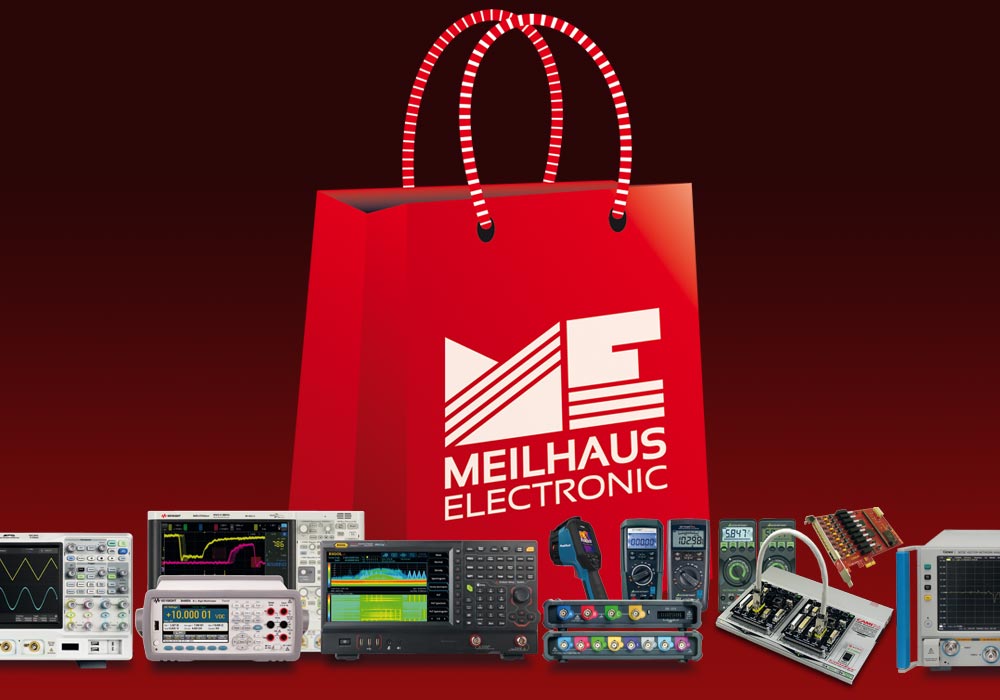Frequency Counters
Frequently Asked Questions:
Question: Many modern oscilloscopes, digital multimeters and spectrum analyzers now offer counter functions. Why should I buy and use a dedicated frequency counter?
Answer: Many of the above instruments today are multifunctional and overlap in some functions. The question you should ask yourself is: Do I need exclusively a frequency counter, and this with optimal technical data (precision, speed) and optimal price-performance ratio? In this case, you would pay for additional functions with a multifunctional device that you do not need at all, and you might also have to make sacrifices in speed (e.g. 75,000 for the counter vs. typ. 1000 per second) and accuracy (e.g. 10 ps for the counter vs. typ. 40 ns and 12 digits for the counter vs. typ. 5 digits). With a counter, on the other hand, you get (and pay for) exactly the functions you need with a focus on accuracy and speed. If, on the other hand, the counter function is one of many needed features and perhaps compromises in speed and precision are OK for your application, a scope, DMM or spectrum analyzer with a counter function may be an alternative.
Question: What are frequency counters used for?
Answer: Frequency counters are used e.g. for testing the stability of clock sources, for jitter analysis, for precise measurement of frequencies/clocks and more.
Last seen

































